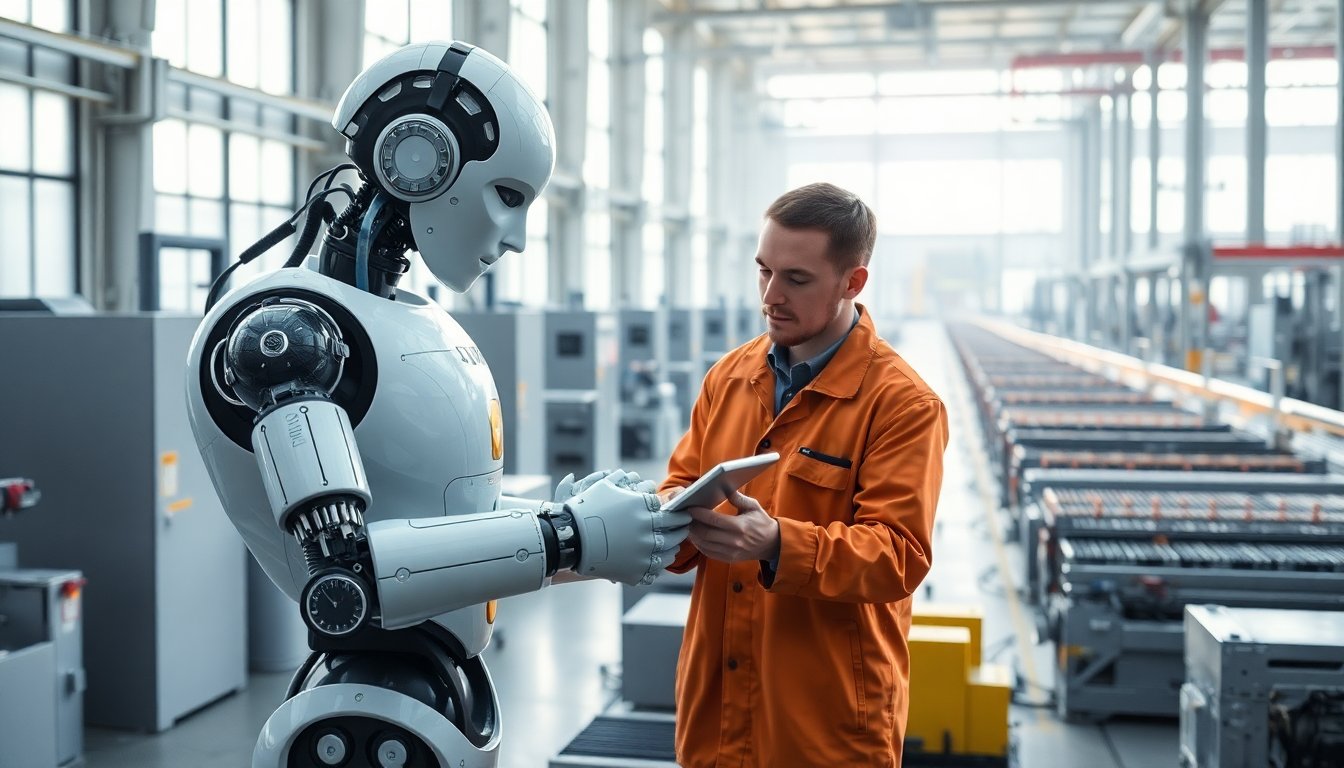Table of Contents
The future of work: how automation is reshaping job landscapes
Emerging trends show that automation represents a significant shift in how industries operate. A report by PwC Future Tech suggests that by 2030, as many as 30% of jobs may be automated, leading to substantial changes in the employment landscape.
Speed of adoption
The future arrives faster than expected: companies are rapidly integrating automation tools. According to MIT Technology Review, over 50% of businesses intend to adopt automation technologies within the next five years, highlighting the accelerating pace of AI and machine learning integration into daily operations.
Implications for industries and society
The ongoing shift in technology is reshaping various industries. Sectors like manufacturing, retail, and customer service are experiencing significant changes. Disruptive innovation is making traditional roles less relevant while ushering in new opportunities that require different skill sets. This transformation prompts essential discussions about workforce preparedness and the widening gap in economic inequality.
How to prepare today
To stay competitive, organizations must prioritize upskilling and reskilling their employees. Companies that fail to adapt risk being left behind. Developing training programs that emphasize digital literacy and advanced technical skills is crucial. Moreover, cultivating a culture of adaptability among teams will enable businesses to effectively navigate these changes.
Probable future scenarios
Emerging trends suggest a labor market that is increasingly polarized, with a growing divide between high-skill and low-skill jobs. The gig economy is expected to expand significantly, offering more flexible work options. Additionally, the concept of work-life balance may evolve, as remote and flexible work arrangements become commonplace. Adapting to these changes will be crucial for the success of individual companies and the overall resilience of the economy.


